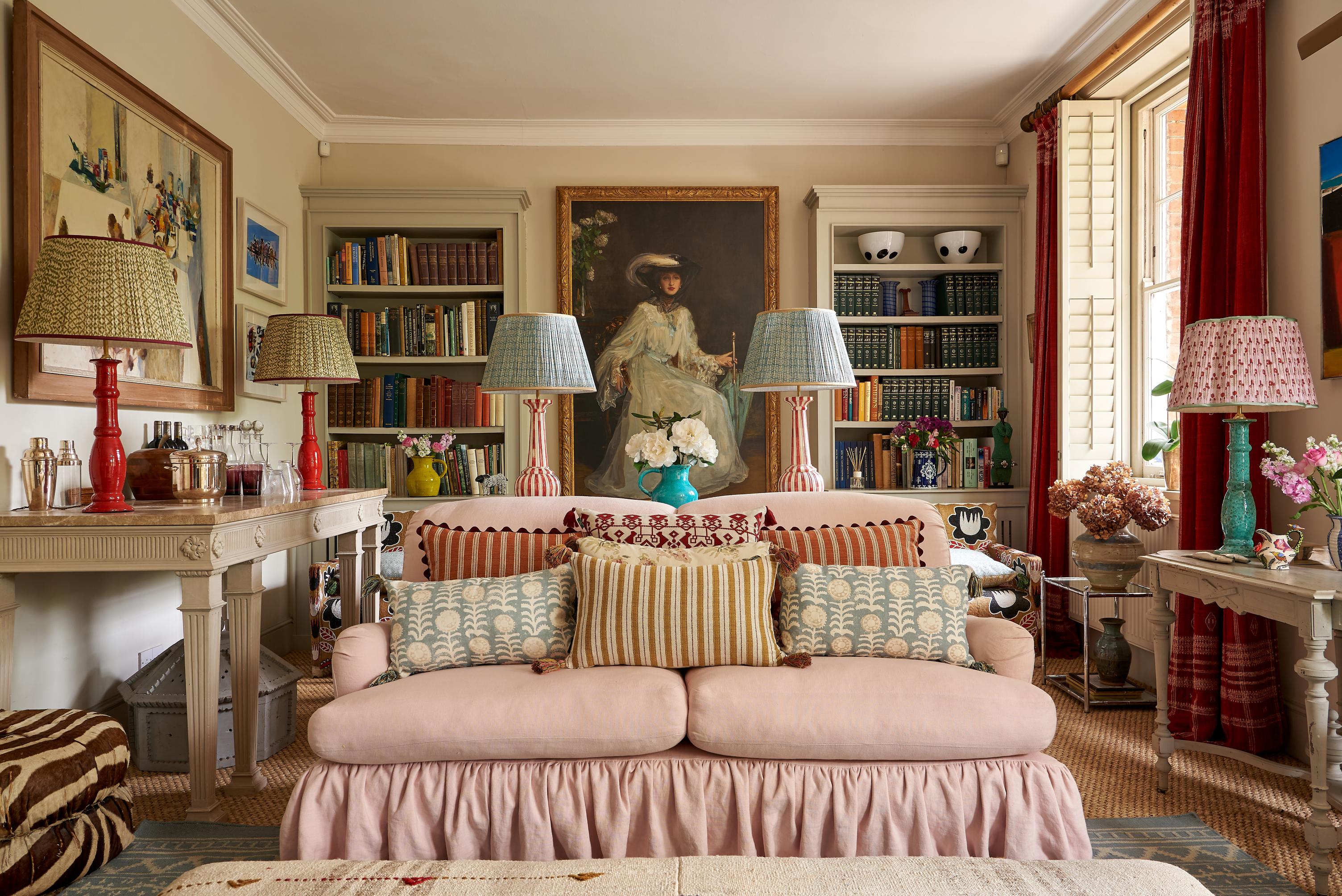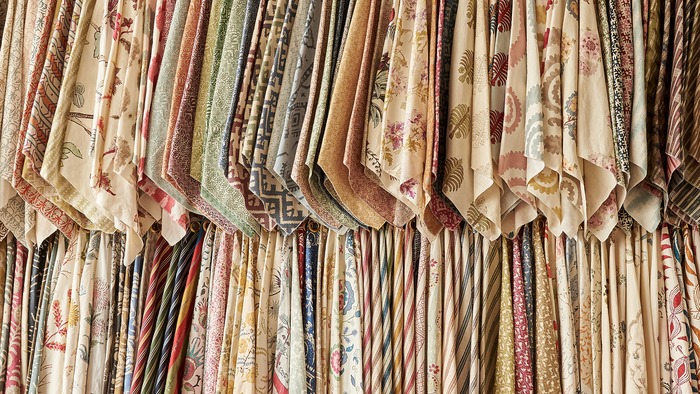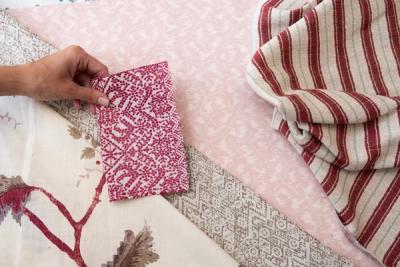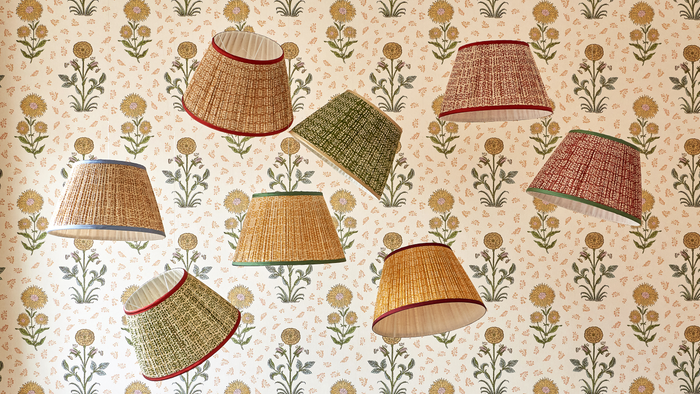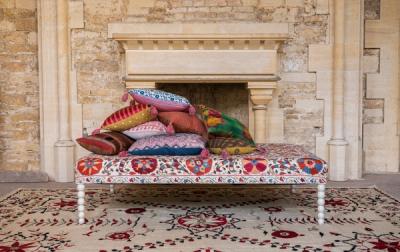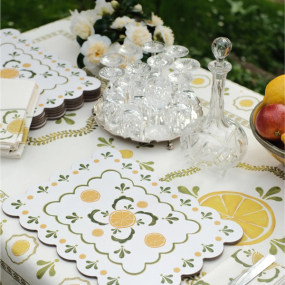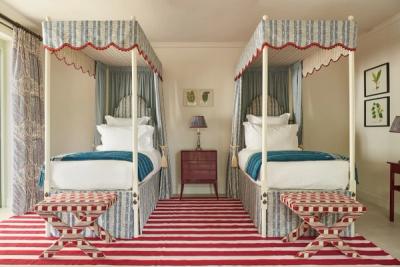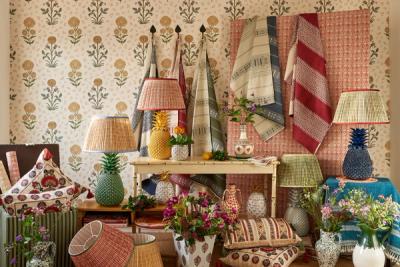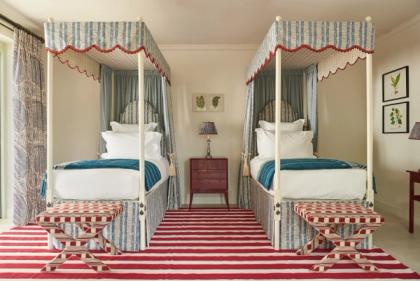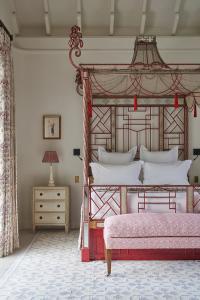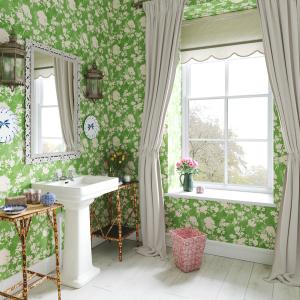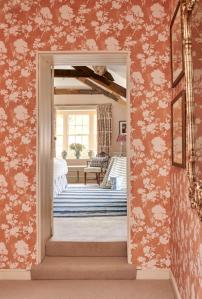Decoration
The Ideal Bedroom Design for Sleep
How does bedroom layout and design impact sleep, and to what extent do we need to follow the rules just to get some quality shut-eye? Click here.
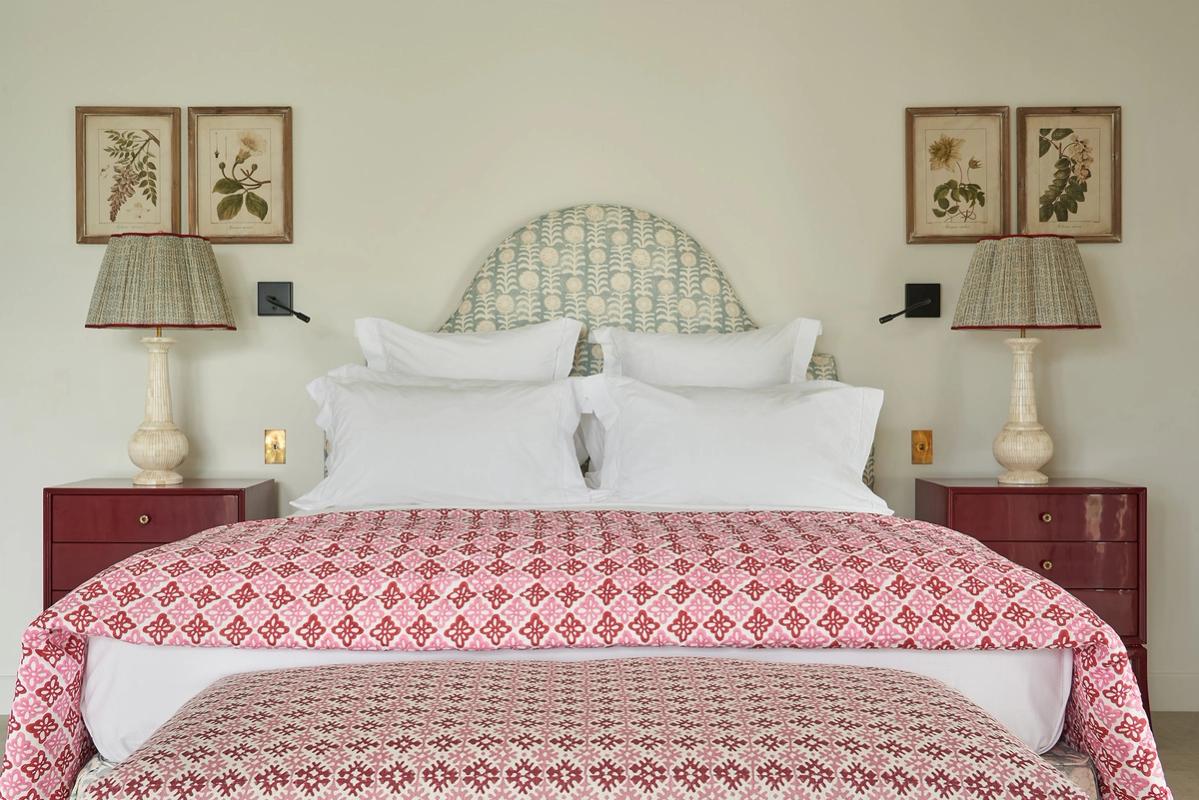
The Ideal Bedroom Design for Sleep
We spend a lot of time thinking of ways to ensure that the bed is primed and ready for a good night’s sleep. From the trial and error of finding the perfect duvet tog, filler, and size to the endless collection of bedding we amass over the course of our lives, the bed is rarely a neglected element of home design.
But what about the bedroom? Yes, we take care of the general use of the space, the décor, the ambiance, and the lighting, but do we stop to think about how the bedroom’s general design is impacting our sleep? Quality of sleep is so fundamental to our health and wellbeing, and anything we can do to maximise its benefits should be considered a cornerstone of interior design.
Here are a few things worth knowing about bedroom design and sleep quality. While some contradict others, there is always a healthy medium to be found.
The Lighting
Lights out means lights out. It’s no secret that we sleep far better in the dark, and however much time we invest into getting the perfect ambiance with our lighting, it’s never going to do a better job than darkness.
But pre-sleep, the bedroom needs to be lit in the right way to send us off in the right frame of mind. Decorative lamps and accent lights are perfect for layering the room, adding depth and dimension without tricking our circadian rhythms into thinking it’s still daytime. Opt for warmer bulbs in yellow or orange hues, and avoid the fluorescent glare – even if it’s shielded behind a dense shade.
The Mirror
A lot of people consider this to be a key tenet in feng shui – that you should avoid the bed being reflected by any and all mirrors in the bedroom. However, the mirror is more contentious to followers of feng shui than you might think. While, yes, for some, the mirror introduces too high an energy, and that energy represents a disruptive flow in a space that needs to be as geared up for rest and relaxation as possible.
But another school of thought argues for the presence of a mirror opposite the bed in order to give it a more commanding position in the bedroom. A commanding position means that the bed offers the widest possible view of the room – and that view ascribes more power to you, whoever the bed belongs to.
Outside of feng shui, there are plenty of other arguments for and against a mirror in sight of the bed. On the one hand, a mirror boosts light and can, in the right place, make a room feel larger and more expansive. On the other, if too much of the room is reflected in the mirror at once, that can serve to draw the room inwards.
The verdict? Judge for yourself whether seeing yourself in the mirror puts you on edge at bedtime or not, and aim for a mirror that feels proportionate to the room. Too big, and the negatives outweigh the positives; too small, and you can’t benefit from the additional light.
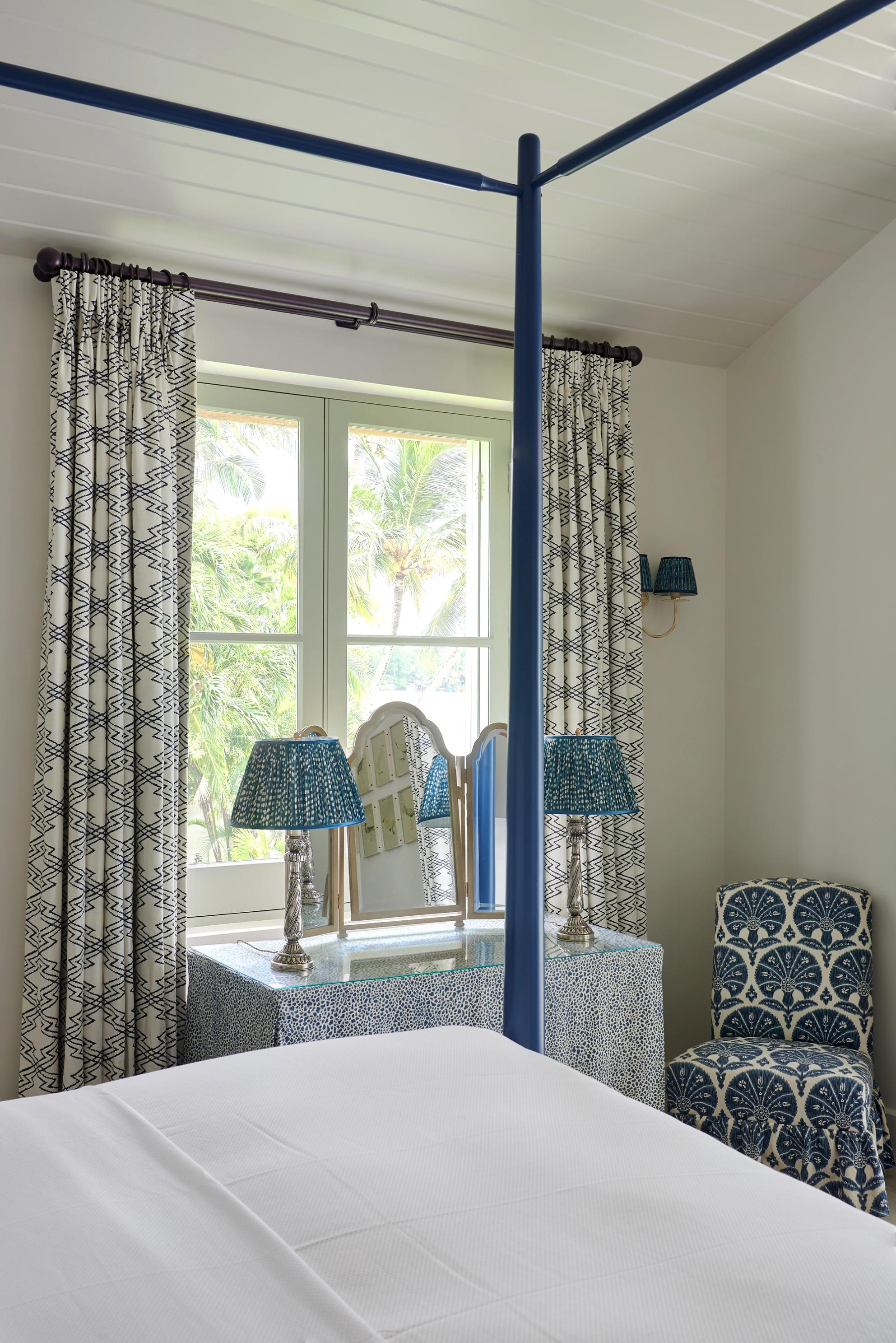
Furnishings
First of all, the bed – the most important element in the bedroom, whether you follow feng shui or just good interior design. Giving the bed the most commanding position means giving it clear view of the door (without the door opening straight onto the bed), plenty of space on either side, and a central position around which people and other objects fall into place.
Interestingly, a Sleep Junkie survey found that by far the most popular position for the bed was centred on one wall, with a window on the right- or left-hand side.
A chair is a perfect addition, but it needs its own purpose – a chair without a purpose tends to become the beast of burden for clothes not yet destined for the next wash. It needn’t be pulled under a vanity or desk to feel purposeful. A chair positioned at a window, angled in such a way that it isn’t facing square onto the bed, can prove just as effective. It takes a little self-discipline but gives the room a sense of dual-purpose without detracting from the bed’s position of command. Keep shapes as soft and unobtrusive as possible – a classic slipper chair, for instance, is perfect for the bedroom.
The rest of the bedroom’s furnishings should be about storage, with just a few special items actually on show. Bedroom clutter really can impact sleep quality, along with how much time it takes for us to fall asleep.
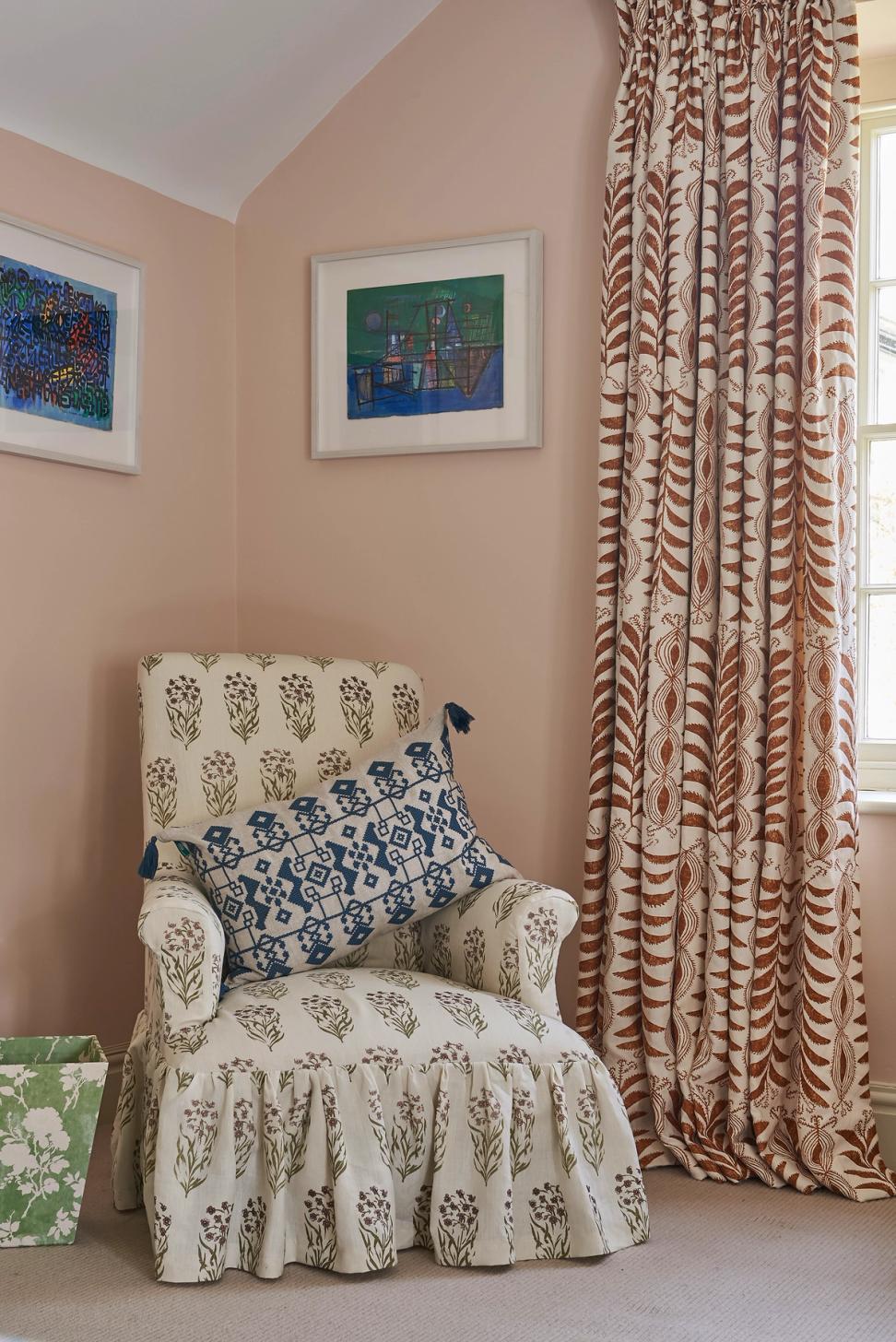
Temperature
A cooler room is far better for sleep. That’s not to say we have to lie there on the mattress shivering – a layered bed with plenty of warm sheets, blankets and comforters is far better than well-heated air. It’s the ultimate bed for good sleep.
The key is to opt for breathable fabrics. The pillows and duvet itself provide a lot more breathability (and warmth) when they’re stuffed with feather down, and the textiles on the bed should be natural and airy – linen and cotton are best.
More from Decoration
